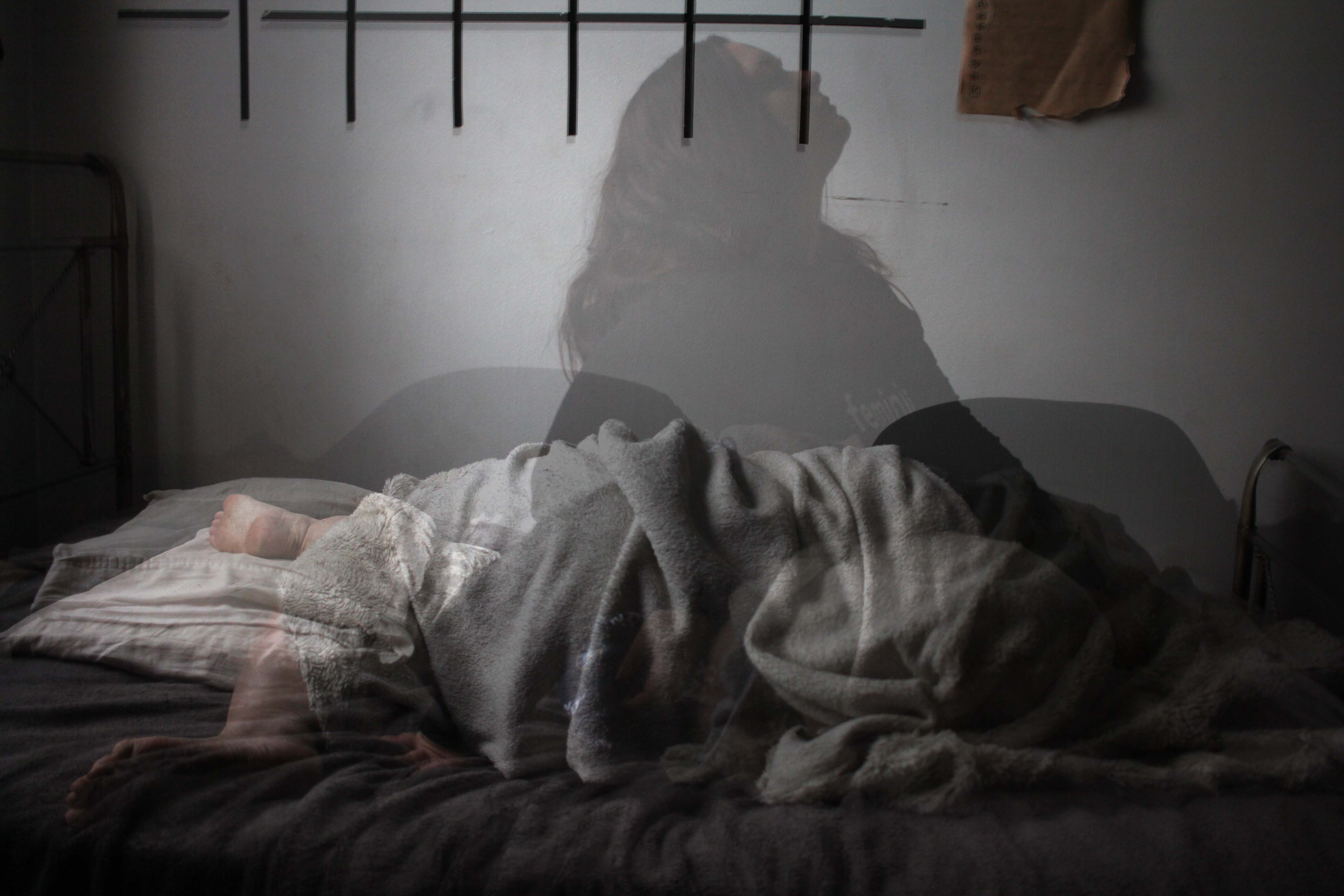5 Chronic Illnesses That May Cause Depression | Guest Post By Anita Fernandes

Chronic illnesses affect a shocking 6 in 10 adult Americans and it’s estimated that 1 in 3 of these adults experiences some form of depression. To health care experts and those afflicted with chronic illness, the overlap comes as no surprise. Because of the very nature of chronic conditions, in that they can only be managed – not cured, afflicted individuals are more prone to depression and mental health problems. Some chronic conditions can also alter brain function, increasing the likelihood of depression. The risk of clinical depression obviously increases in individuals who have a biological vulnerability to mood disorders or if the early warning signs aren’t dealt with. This makes it important to recognize the link between chronic illness and depression. Here are some of the most common chronic illnesses that are associated with depression and mood disorders.
- Heart Disease
Heart disease is perhaps the best known lifestyle disease of our time, affecting more than 28 million adults in the United States. Unfortunately, most of us give little thought to the mental health implications of heart disease, but the connection is pretty strong. Research shows that around 15% of patients with heart disease suffer from major depression. The figures are even higher for individuals who have undergone bypass surgery or suffered heart attacks. The onset of depression is understandable as a diagnosis of heart disease raises concerns about the future, both in terms of lifestyle changes and the costs of health care. Awareness about the warning signs of depression can make all the difference in patient outcomes as untreated depression lowers treatment success rates.
- Diabetes
With more than 1.5 million new cases of diabetes being diagnosed each year, it’s almost impossible for any of us to not notice the impact of this chronic illness. Both type 1 and type 2 diabetes can severely impair quality of life, requiring constant vigilance and intervention. The amount of effort required to manage diabetes can leave you feeling drained, both physically and emotionally. So, although the condition can be managed effectively with lifestyle modifications and treatment, a diagnosis can seem pretty damning to most of us. This gives rise to feelings of anxiety, stress, and anger, which can spiral into clinical depression if not dealt with. The risk is so high that diabetics are 2 to 3 times more vulnerable to depression as compared to the rest of the population. The presence of depression can significantly lower life expectancy, increasing the risk of complications, making timely intervention essential.
- Cancer
Although cancer survival rates have been steadily improving over the past few decades, it remains one of the most feared chronic illnesses. Unsurprisingly, a diagnosis of cancer can be devastating to both patients and loved ones. In fact, feelings of anxiety and depression are among the most common emotional responses. Patients diagnosed with cancer struggle to cope with the demands of treatment, physical symptoms, the fear of death, and the grief of their loved ones. In many cases, this gives rise to depression with studies suggesting that the comorbidity affects up to 25% of all cancer patients.
- Inflammatory Bowel Disease
Inflammatory bowel disease (IBD) can include a number of conditions like ulcerative colitis and Crohn’s disease, in which there is chronic inflammation of the digestive tract. The symptoms can be pretty painful, limiting your ability to engage in everyday activities that most of us take for granted. To add to this, the chronic illness also leaves you vulnerable to a variety of complications. A diagnosis of inflammatory bowel disease can therefore be overwhelming to say the least, putting you at greater risk of depression. Although experts aren’t clear on whether depression precedes inflammatory bowel disease or the other way around, many believe that depression sets in early – when individuals are struggling to cope with symptoms of an undiagnosed gastrointestinal condition. No matter which comes first, the fact that IBD patients are twice as likely to suffer a major depressive disorder is concerning.
- HIV Infection
No diagnosis is as life altering, as is a positive result for HIV. Although there have been several advances in medical care for patients infected with the HIV virus, there is still a stigma and the outlook can appear rather bleak. Unsurprisingly, depression is pervasive with prevalence rates as high as 60%. To put that in perspective, the rates are 5-10% in the general population. Like other chronic illnesses, HIV positive patients require constant health assessments, medical treatment, and lifestyle interventions, which can be incredibly demanding. Depression doesn’t just have a direct impact on health, but it also impedes one’s ability to adhere to the necessary lifestyle and treatment recommendations, making it essential to seek help as soon as possible.
No matter what chronic illness you or a loved one suffers from, the risk of depression is one that should never be ignored. Although chronic illnesses can make you feel like your life is not in your hands, you’re still in charge and can take control with a little bit of help.
